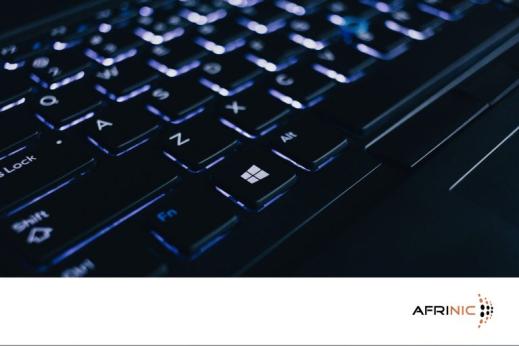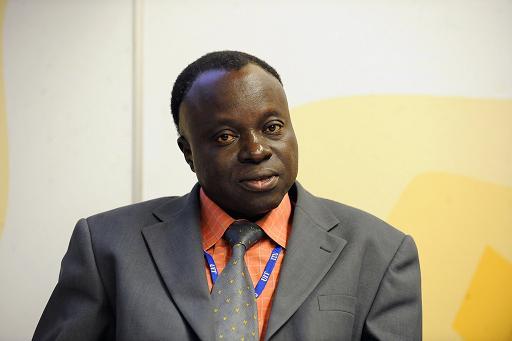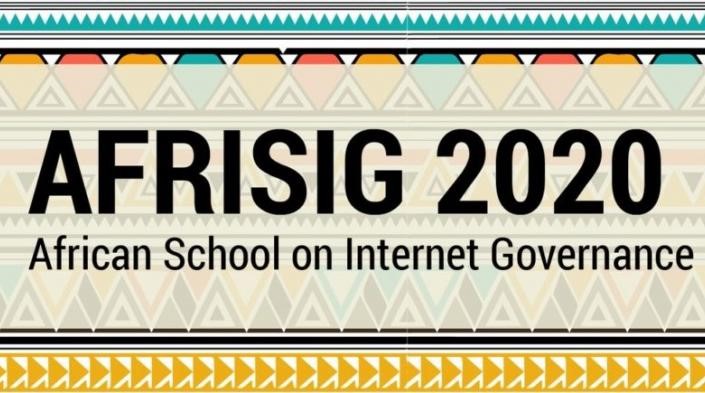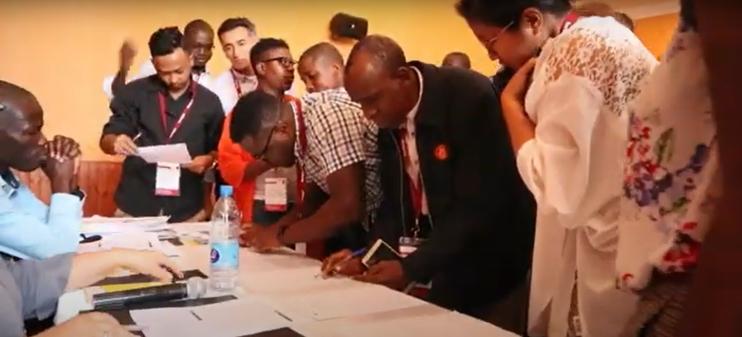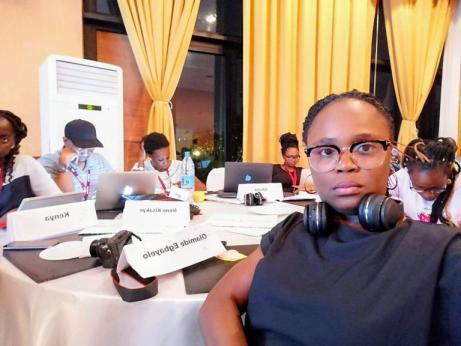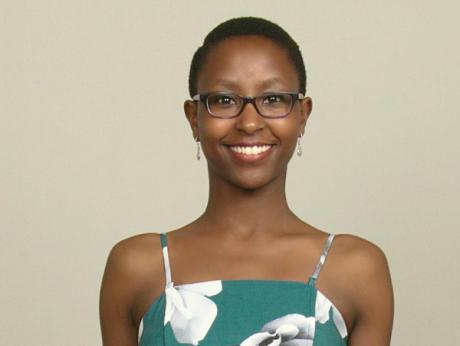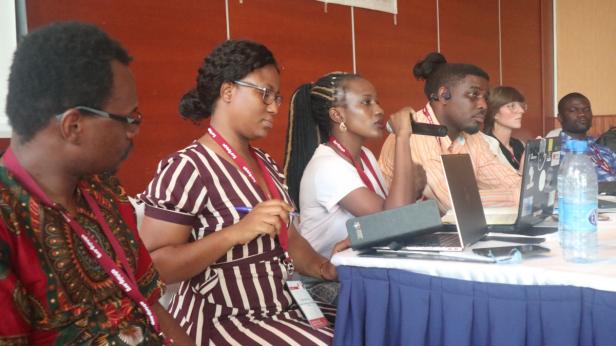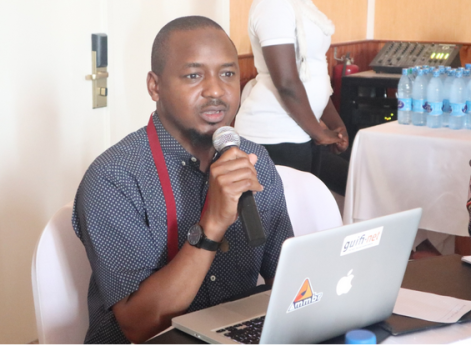On the internet, internet protocol (IP) is the most important resource used to exchange data traffic in the online world. Unfortunately, since the early age of the internet, IP address distribution has been biased. In fact, Africa got only 3% of the IPv4 numbers to serve 14% of the world’s population that lives on the continent. Nowadays, even this scant allocation has been targeted to be utilised outside the region.
AFRINIC (African Network Information Centre) is the regional internet registry (RIR) for Africa. During the AFRINIC Policy Development Working Group (PDWG) session, and… Read more

